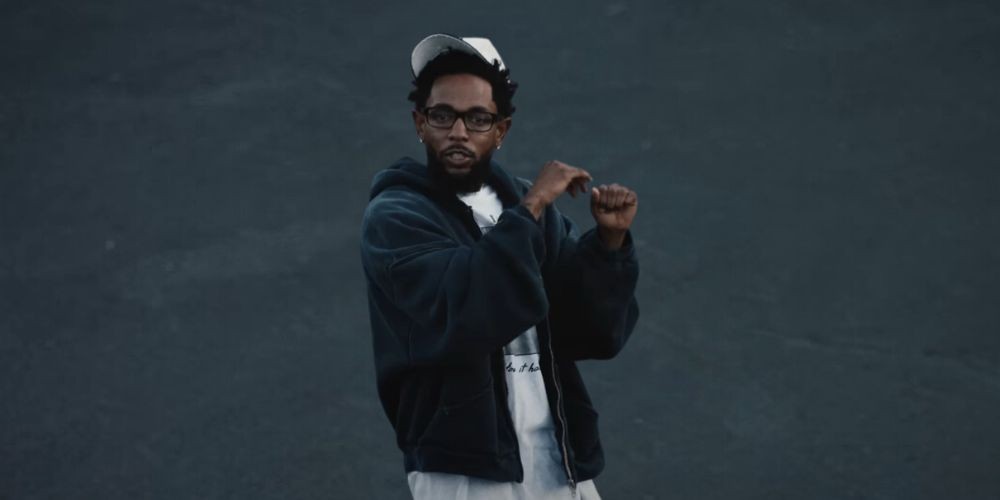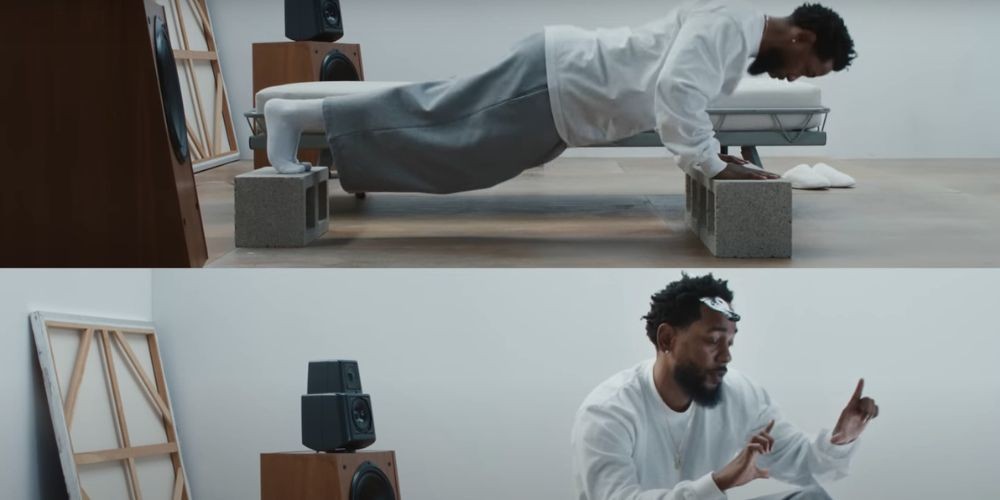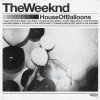My Experience With Kendrick Lamar's "Not Like Us"
This week, I immersed myself in Kendrick Lamar's latest musical offering, "Not Like Us." As a long-time fan of hip-hop and someone who follows music feuds with the zeal most reserved for daytime dramas, my expectations were high. What I encountered was a banger that exceeded all my anticipations and provided a comprehensive look into the escalating tensions between Kendrick and Drake.

The Artistic Production
From the outset, "Not Like Us" captures you with its electrifying beat. Produced primarily by Mustard with input from Sounwave and Sean Momberger, the track leans heavily into a hyphy-influenced West Coast hip-hop sound. The rich bassline combined with lively brass instruments creates an upbeat tempo that feels suitable for both club settings and introspective listening sessions.
A Compelling Narrative
Kendrick Lamar's lyrics cut deep, as he doesn't hold back on his accusations against Drake. Building on the themes introduced in his previous track, "Meet the Grahams", Lamar makes serious allegations, portraying Drake as someone who exploits Atlanta's culture for gain while pointing out Drake's alleged sexual misconduct. The song works on multiple levels, hitting hard both lyrically and musically.
Unpacking the Lyrics
What I found most riveting about "Not Like Us" was the meticulous craftsmanship behind the lyrics. Kendrick's wordplay is not just a barrage of insults but rather a series of calculated strikes rooted in social commentary. For example, he equates Drake's crew, OVO, with "certified pedophiles", playing on the title of Drake's own album, "Certified Lover Boy". Not only does this track take shots at Drake, but it also questions his cultural authenticity and motivations.
The Cultural Context

One cannot listen to "Not Like Us" without considering the cultural context within which it was released. The track continues the age-old tradition of rap battles, standing as a modern-day example of how hip-hop artists use their platform to challenge their rivals. The song is both a cultural critique and a battle cry, addressing issues of identity and exploitation.
Musical Composition
All the elements in "Not Like Us" work in harmony to bolster the main message. Mustard’s aggressive, layered production keeps you hooked from start to finish. The sample from Monk Higgins’s rendition of "I Believe to My Soul" adds a historical depth that enriches the listening experience.
The Music Video Experience
Released on July 4, 2024, the music video directed by Dave Free and Kendrick Lamar himself is a visual spectacle. The video juxtaposes scenes from Compton, California, and several other landmark locations, blending them with tight choreography and symbolic elements. Cameos from various celebrities and Kendrick’s dynamic performance amplify the song’s message, making it more powerful and relatable.
Heavily Layered Symbolism
The video is replete with symbolism that invites repeated viewings to unpack fully. For instance, it opens with the Compton Courthouse overlooking the Martin Luther King, Jr. Memorial, signifying a fight for justice and moral high ground. Throughout the video, Kendrick's interaction with objects like a piñata shaped like an owl—a nod to Drake's OVO—enhances the lyrical content with visual metaphors.
Fan Reactions

The immediate reaction from fans and critics has been overwhelmingly positive. Social media exploded with memes, discussions, and analytical breakdowns of both the song and its accompanying video. Several publications already deem it one of the greatest diss tracks ever, and the commercial success validates these claims.
Streaming Records and Awards
"Not Like Us" didn't just make waves; it shattered records. On the first day alone, it amassed 12.8 million streams on Spotify, surpassing previous records set by Drake himself. It debuted at number one on the US Billboard Hot 100, marking Lamar's fourth number-one single. Additionally, the song is already being touted for Grammy nominations, which speaks volumes about its impact.
Live Performances Elevate the Track
During The Pop Out: Ken & Friends, Lamar performed "Not Like Us" live, and the energy was palpable. The raw authenticity and heightened emotions further elevated what was already an intense song. By reprising it multiple times with various West Coast figures, Kendrick turned it into a celebration of regional unity and artistic integrity.
Personal Interaction with the Song
I found myself repeatedly drawn to the track, replaying it to unearth all its intricate details. Whether it's the hard-hitting accusations or the infectious grooves, "Not Like Us" has a kind of staying power that made me continually revisit it. Both the music and the video offer layers of content, making each listen or view a new experience.
The Broader Impact

"Not Like Us" has already begun to ripple through different layers of society. From professional sports leagues incorporating it into their broadcasts to public figures commenting on it, the song has filled various cultural niches. It proves that music, especially diss tracks, can be more than just confrontational; they can be societal critiques and celebrations of a culture.
Marketing Genius
The understated yet impactful marketing strategy for "Not Like Us" is another facet that can't be ignored. From the enigmatic tweet "Dot, I see dead people" to the sudden release of the song and video, the buildup was masterfully executed. It kept fans on the edge without spoiling the surprise, heightening the overall impact when the track finally dropped.
Reflections and Final Thoughts
As I digest both the auditory and visual elements of "Not Like Us," it's clear that Kendrick Lamar has once again proven his prowess as an artist. Not just a rapper, but a storyteller and cultural critic, Lamar continues to push boundaries. This track is more than a diss; it’s a narrative woven with threads of socio-cultural critique, regional pride, and personal vendetta.
Pros:
- Electrifying production;
- Multi-layered lyrics;
- Symbolic and thoughtful music video;
- Widespread critical and fan acclaim;
- Strong cultural and social commentary;
- Successful live performances;
- Breaking streaming records;
- Effective marketing strategy;
- Powerful cameos and appearances.
Cons:
- Very direct and aggressive allegations;
- Highly complex symbolism may be hard to grasp;
- Potential over-reliance on a feud for lyrical content.
All in all, "Not Like Us" stands as one of Kendrick Lamar's most impactful tracks to date. Both the song and its music video bolster his legacy while contributing significantly to the ongoing narrative of hip-hop music and culture.













